Remember me - Summer 2022

In this issue:
Thank you for your vital support
I joined the Alzheimer Society as a Research Scientist last year, expanding our in-house research capacity and building on our status as the go-to source for information on dementia. I hope that the research I’m leading — including a landmark study examining the changing landscape of dementia in Canada — will help to alleviate the personal and social impact of Alzheimer’s disease and other dementias for all the people living in Canada.
By 2034, more than 1 million of us will be living with dementia, so research into causes, treatments and improving quality of life is critical and urgent.
I hope we can count on your continued support. If you are able, please make your donation today.
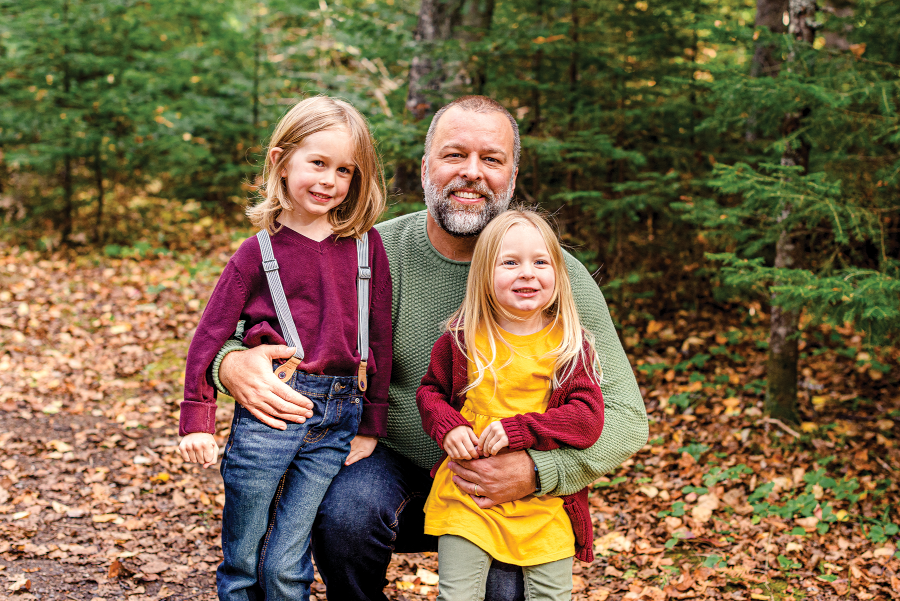
Dr. Josh Armstrong
Research Scientist
Alzheimer Society of Canada
A Loving Tribute

Mother, Where are you?
Mom, where are you?
I’m getting married.
Daughter, I am here.
To help prepare you for your life ahead.
Mom, where are you?
I’m going to have a child.
Daughter, I am here.
To share your joyous time.
Mom, where are you?
I’m going to be a Grandmother.
Daughter, I am here.
Your life’s cycle is almost full.
Daughter, where are you?
I don’t know who I am anymore.
Mother, I am here,
With unconditional love and support.
- Excerpt from a poem by Glen Wallbank, whose mother-in-law lives with dementia
Meet Our Researchers
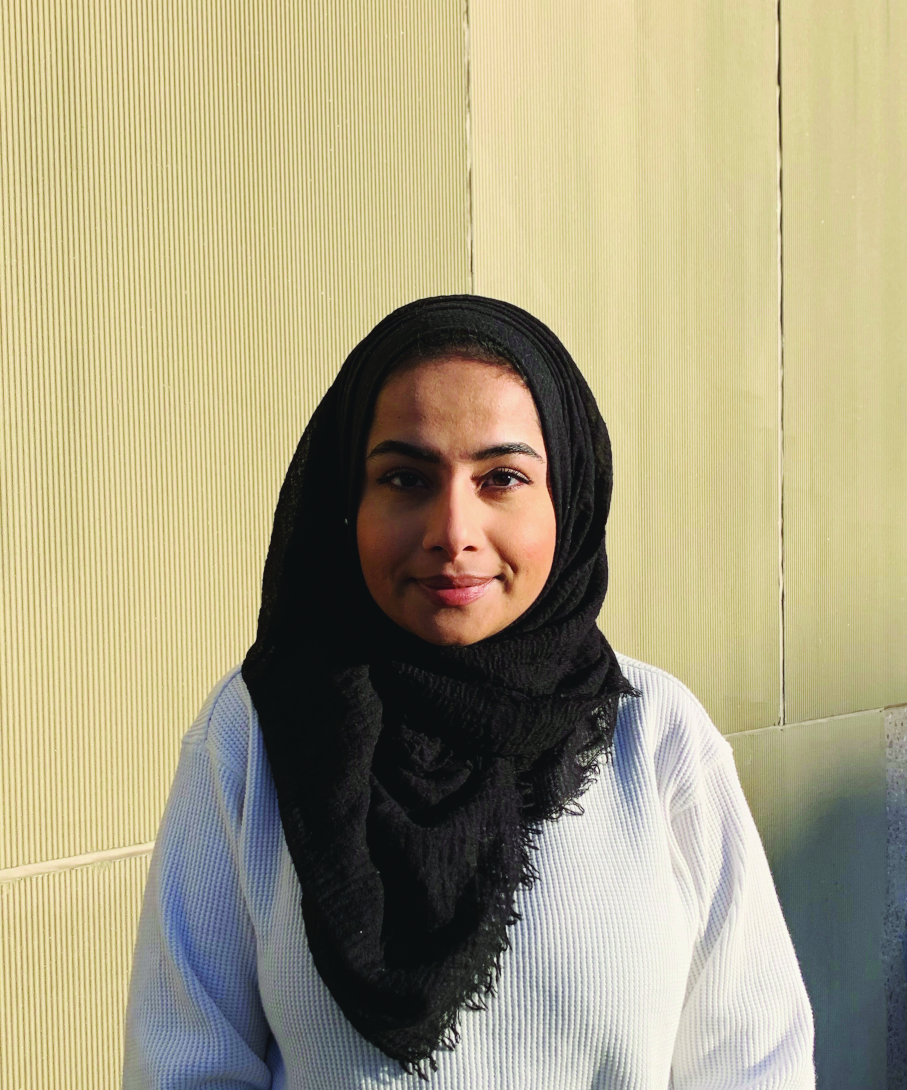
Sana Rehan, at Concordia University, is investigating the role hearing and vision loss play in reducing participation in social activities and engagement. She hopes to determine if psychosocial factors explain the link between sensory loss and cognitive function. Her goal is to identify which specific sensory and/or psychosocial factors contribute to dementia risk.
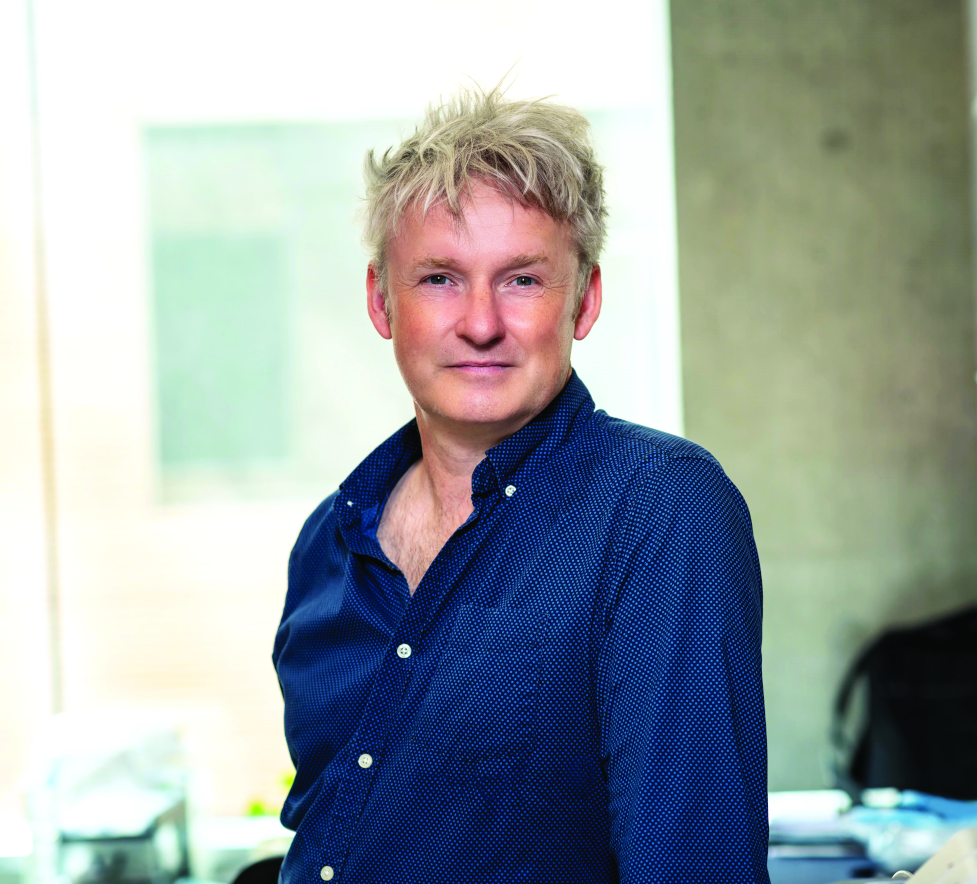
Did you know? Rope-like structures, or ‘tangles’, made of an abnormal form of the protein tau, are found in the nerve cells of people living with Alzheimer’s disease. Douglas Allan at the University of British Columbia plans to create a novel tool to study how these tangles spread. This study could lead to treatments to stop Alzheimer’s in its tracks.
For more on the research you make possible, visit alzheimer.ca/Research
Who Are You Walking For? #IGWalkforAlz
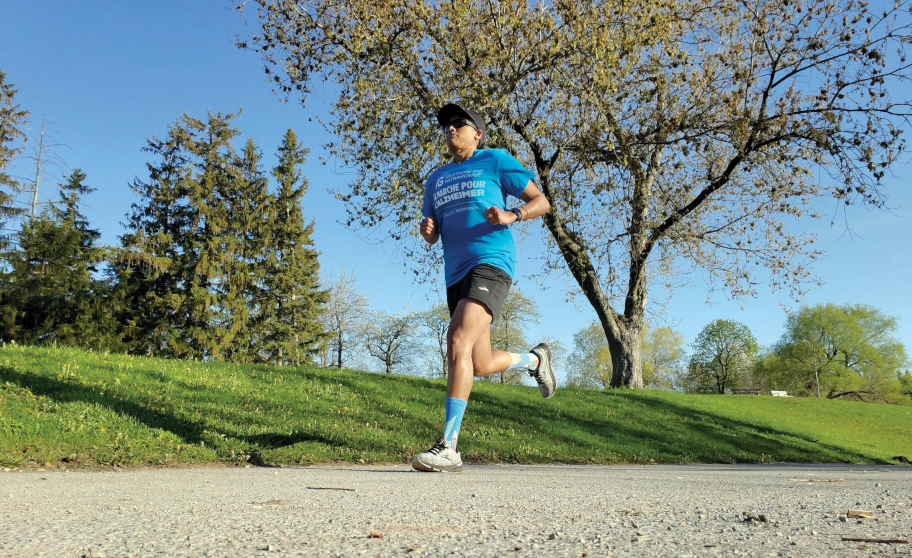
Last year Denoja Uthayakumar ran in support of the IG Wealth Management Walk for Alzheimer’s, in memory of her grandmother. Denoja takes part in the Walk to share her experiences of a caregiver and to spread awareness about dementia across Canada. Denoja is not alone in her experience. 1 in 5 Canadians have experienced caring for someone living with dementia. By joining a Walk in their community, participants will make an undeniable positive impact on their fellow Canadians, bringing hope to the lives of people living with dementia and their families. Who are you walking for?
Register now at walkforalzheimers.ca
Creating a More Dementia-Friendly Canada

A dementia-friendly community is a place where people living with dementia, their families and caregivers feel included and supported. To help educate and mobilize people to create and champion dementia-friendly communities, the Alzheimer Society offers free tools and resources through our Dementia-Friendly Canada project. Recently, we launched our new Building Dementia-Friendly Communities free online course, which helps to train professionals working in the recreation, library, restaurant, retail and public transportation sectors to be more dementia-friendly.
Learn more at alzheimer.ca/DementiaFriendlyCanada
Alternative therapies for people living with dementia
There are a range of therapies you can try* that don’t involve taking medications. Some of these therapies may help manage symptoms, while others may help to reduce stress and ease feelings of anxiety or isolation.
- Music therapy – Musical memory is sometimes undamaged by dementia. Listening to or engaging in music can bring joy to a person living with dementia and also help create connections with friends and family.
- Aromatherapy – Aromatherapy works by stimulating olfactory receptors that, in turn, stimulate the emotional centre of the brain. This therapy may help relieve anxiety and depression.
- Pet therapy – Pets can be a wonderful source of love and laughter for people living with dementia, and interactions with animals can help improve their quality of life.
- Massage therapy – Physical benefits of massage include increased blood flow, as well as the comfort of touch. Massage therapy can also help reduce feelings of anxiety and isolation.
- Coconut oil – The theory is that ketones produced in our bodies when digesting coconut oil may provide an alternative fuel source to keep the brain nourished.
- Natural health products – Products such as ginkgo biloba and omega-3 fatty acid found in fish oil may have anti-inflammatory properties and memory-boosting benefits, although it’s not conclusive.
For more on alternative therapies, visit alzheimer.ca/AlternativeTreatments
*The lack of research for these alternative treatments prevents us from determining their effectiveness. Please consult your doctor.
Monthly Donor Corner: Why I Give
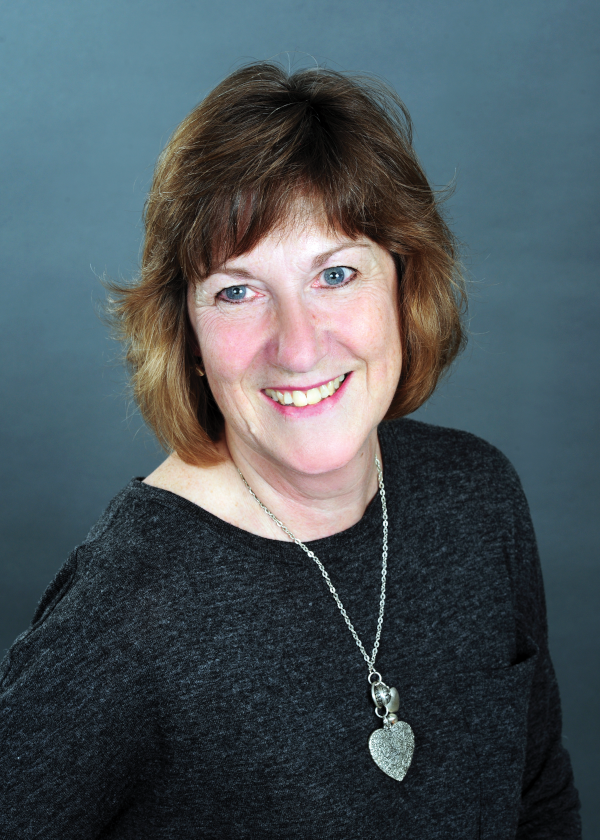
My mother lived with Alzheimer’s disease for the last 15 years of her life. The Alzheimer Society was integral in my care for her, the decisions I made for her and my acceptance and understanding of the journey she was on. They provided so much information and support —from my mom’s diagnosis to her end-of-life care. And my mom really enjoyed their music-focused programs. I became a monthly donor because I know what a difference the work of the Society makes for those walking the same path as I did. I hope you’ll give monthly too.
- Cathie H.
If you’re not already a monthly donor, please join now.
Give a Gift of Hope for the Future
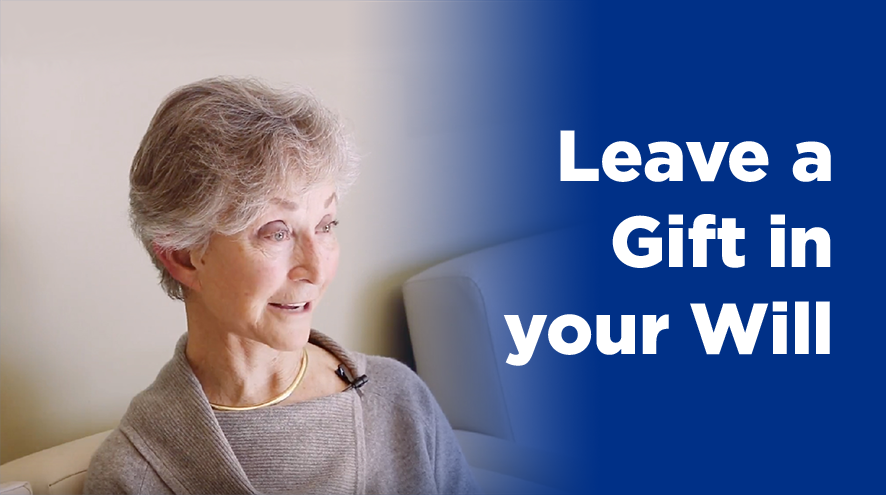
You can help save and change lives for generations by including the Alzheimer Society in your Will. There are a variety of ways to give a gift of a lifetime, including securities, mutual funds, life insurance, charitable annuities or a portion of your RRSP or RRIF. In addition to making a lasting impact, it’s also a highly effective way to reduce taxes on your estate.
Will Planning Checklist
- Make a list of your assets and liabilities
- Make a list of your beneficiaries (those you would like to name MO)
- Divide your estate among your beneficiaries
- Identify your Executor(s)
- Identify legal representative(s) for your dependents
- Document your plan
- Review your Will regularly and update as needed
- Make sure your Will and other important documents can be found by your Executor
For more information, contact Dylan Doyl at (416) 709–3621, by email at [email protected], or visit alzheimer.ca/GiftInYourWill
